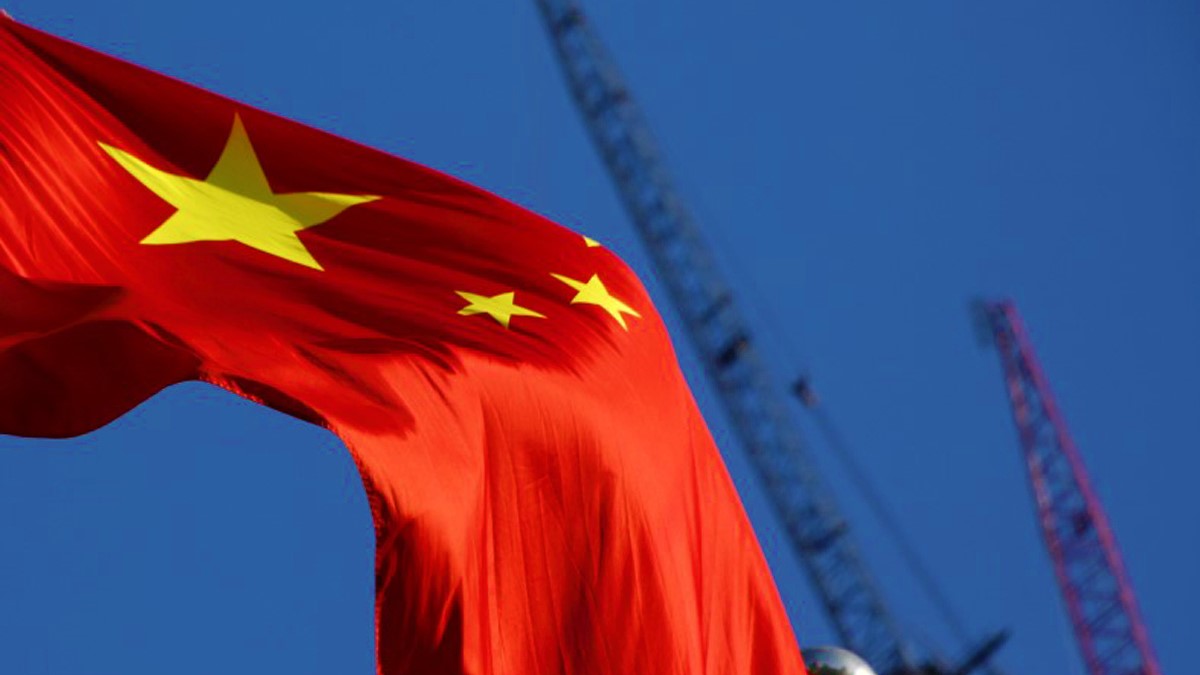
China’s Escalating Property Crisis Raises Concerns
China’s real estate market is experiencing further turbulence as the property crisis deepens, with Soho China reporting a significant drop in revenue shortly after China Evergrande Group’s bankruptcy filing. The crisis is rooted in declining growth, rising unemployment, and economic weakness, posing systemic risks that could reverberate throughout the nation.
Soho China’s Financial Struggles
Soho China, a Hong Kong-listed commercial real estate company, declared a staggering 93 percent year-on-year drop in its first six-month net profit, amounting to 13.61 million yuan. Despite revenue falling by 8 percent to 821.50 billion yuan, the dire situation was exacerbated by a substantial decrease in gross profit and a devaluation of asset fair-value assessment, resulting in a loss of over 130 billion yuan.
The woes of China’s property sector were compounded by China Evergrande Group’s filing for Chapter 15 protection, reserved for cross-border insolvency cases involving non-U.S. entities. This development signified Evergrande’s ongoing restructuring efforts in Hong Kong and the Cayman Islands.
Tianji Holdings, an Evergrande subsidiary, mirrored this move by seeking Chapter 15 bankruptcy protection in the United States Southern District Bankruptcy Court, magnifying the sector’s fragility.
Erosion of Stability
The property crisis has cast a shadow of uncertainty over China’s economy. The country’s largest property developer, Country Garden, previously seen as financially stable, plunged into a debt crisis, fanning fears of contagion. The cascading effects of Evergrande’s predicament, coupled with Soho China’s financial woes, underscore the severity of the property crisis, posing a risk to the entire nation’s growth prospects.
Zombification and Declining Prices
China’s real estate developers are increasingly facing “zombification,” a phenomenon where financially distressed firms abandon unfinished construction projects. The escalating crisis is highlighted by July’s decline in new residential sale prices across 70 major cities, with prices dropping in 70 percent of them. New home prices fell by 0.2 percent for the second consecutive month, reflecting the waning business model of capitalizing on rising real estate values.
Consequences of Diminishing Demand
The property crisis is intensifying due to dwindling buyer interest, spurred by economic uncertainty and a volatile job market. Condo prices are plummeting, with an oversupply of sellers relative to buyers. This dynamic is driving owners to sell properties out of fear that dwindling prices will erode their investments.
Investment and Systemic Risks
Total real estate development investment for January–July plummeted by 8.5 percent year-on-year to 6.77 trillion yuan, primarily due to a 7.6 percent drop in residential housing investment. Property developers’ struggle to secure financing contributed to this decline, with available funds for property development dropping by 11.2 percent compared to the previous year.
China’s shadow banking sector, exemplified by Zhongrong International Trust Co., exacerbates the crisis. This trust company’s insolvency has sparked concerns about the sector’s overexposure to real estate and its potential to cascade into larger economic repercussions.
Anticipated Solutions and Challenges
While Beijing hinted at potential support for distressed developers, concrete stimulus measures remain elusive. Analysts anticipate liquidity support for project construction and delivery but foresee Beijing refraining from state-funded bailouts. Authorities are wary of a repeat of last year’s mortgage boycotts, which could harm both homebuyers and the broader economy.
In conclusion, China’s escalating property crisis is a multidimensional challenge with systemic implications. With the specter of unfinished projects and waning homebuyer sentiment, the crisis calls for prudent solutions that balance financial stability, economic growth, and consumer protection.














Comments